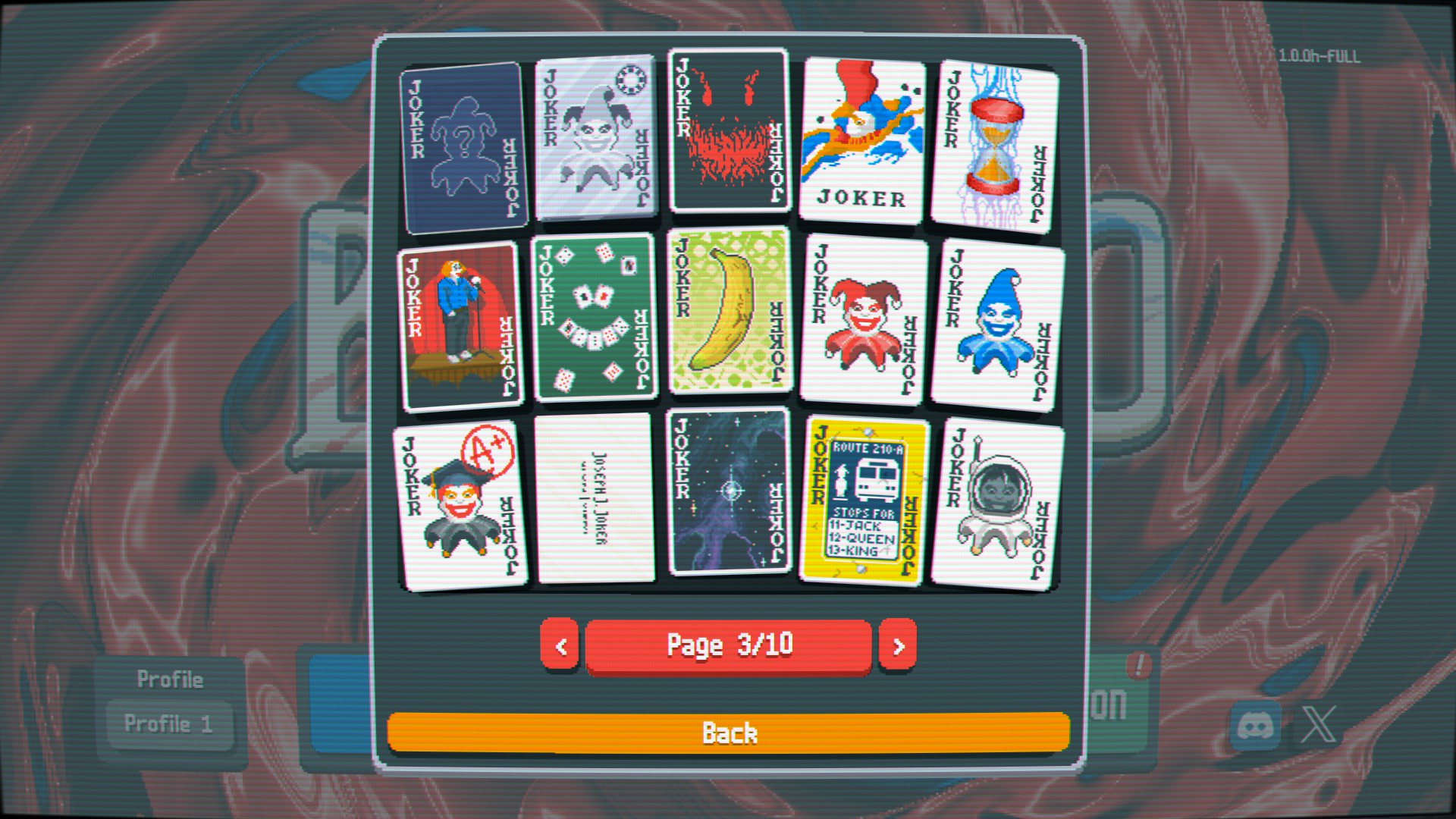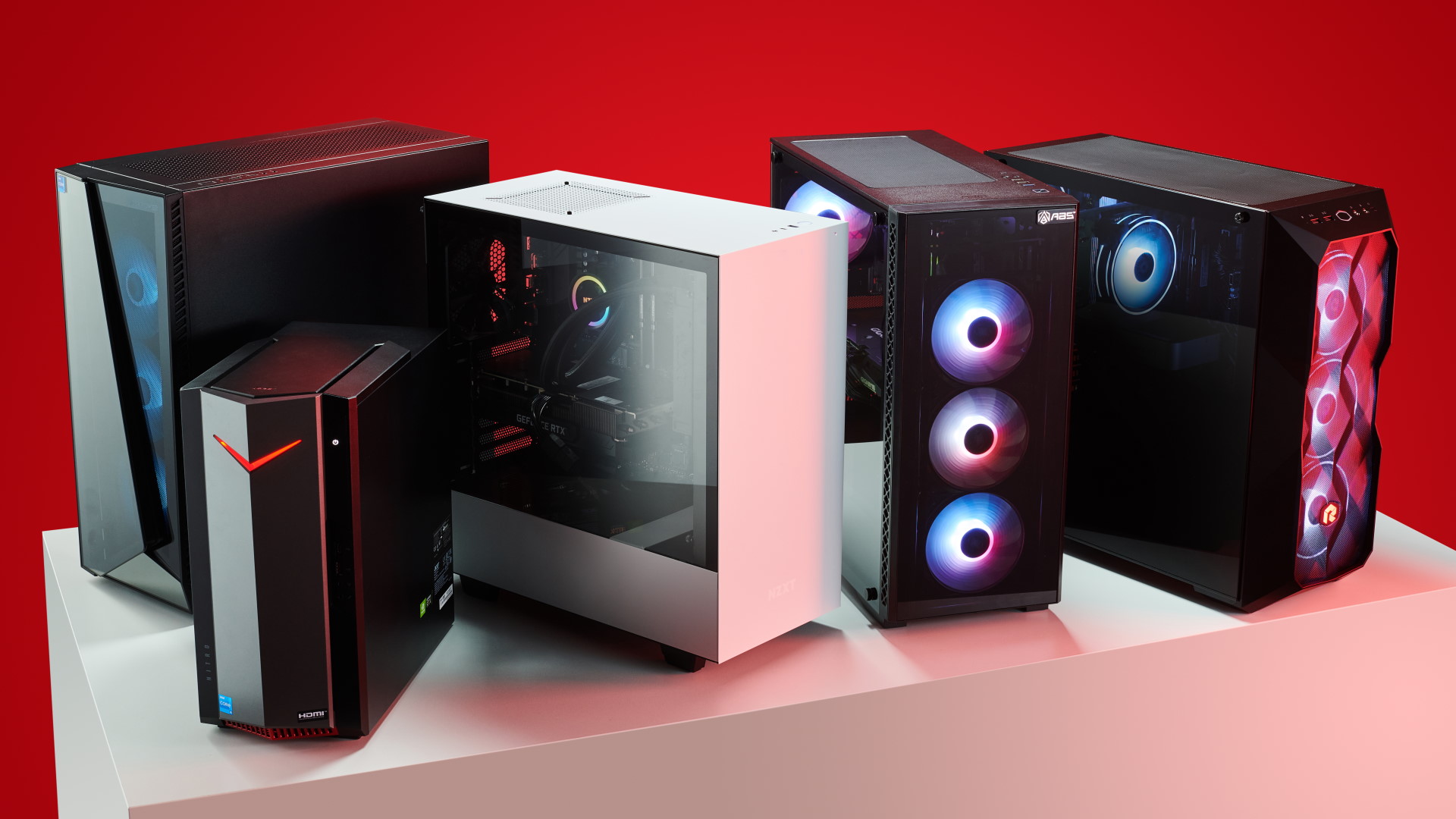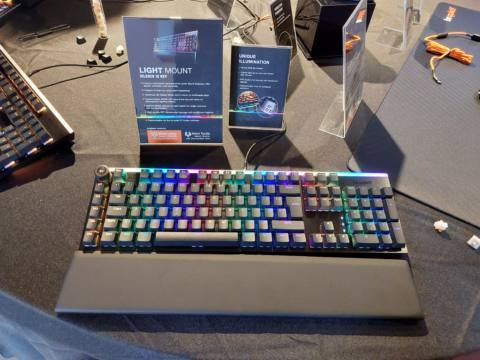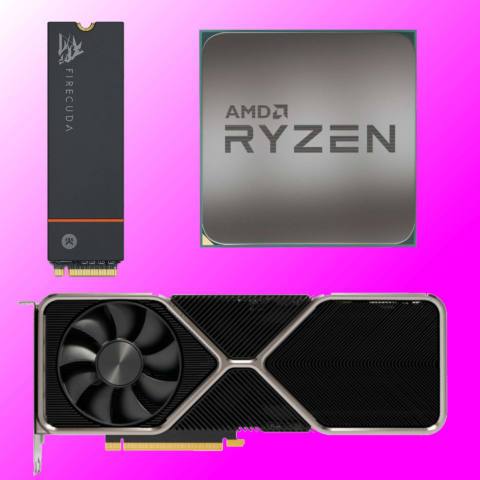As well as being a PC gamer, I bought an M1 MacBook Air in 2020. I saw it as a light investment in finally producing music, with the added bonus of being able to bring it to a café without a charger and knowing I could get my work done before close.
Though it is inevitably true the gear you buy depreciates, my MacBook has only become a better value proposition over the years. I bought a light production device then and now have something capable of running many of the best PC games of all time, such as Baldur’s Gate 3 and Disco Elysium, with ease.
This is because it has quietly become a reasonably good gaming device in its own right. However, that’s not why people buy Apple devices—and pretty much never has been.
That hasn’t stopped Apple from including gaming in its last few major presentations, highlighting Frostpunk 2, Control, and Assassin’s Creed Shadows coming to the platform at WWDC (Apple’s yearly developer conference) this year. Not only are these games playable and supported on Mac but Control even supports ray tracing with the M3 line of chips. This is pretty cool for a machine often made fun of for its lack of gaming support.
This is all to say that the intent for Macs seems to have altered course somewhat over the last few years, alongside the introduction of Apple’s own Silicon chips. Even modern iPhones and iPads have received broader gaming support, with both running Assassin’s Creed Mirage, Resident Evil Village, and a whole host of pretty recent titles. From my time with it, Mirage runs pretty horribly on the iPhone 15 Pro Max and pretty well on an iPad, signifying a lot more work is needed—but it’s indicative of a change in approach.
Apple appears to be making contact with major developers and striking deals to get broad support on its devices.

Finally, and perhaps the most exciting part about gaming on a Mac right now, is its many wrapping and translation layer tools. Metal is Apple’s own API for Silicon devices, and has its own MetalFX Upscaling feature, similar to Nvidia’s DLSS technology. It can upscale textures and renders to get better performance out of less performant gear. Then there’s the Game Porting ToolKit, which is a bundle that combines a whole host of different tools to effectively “port” non-supported games to Mac.
Game Porting Toolkit is designed for developers to test out porting their own games and is largely used almost like a benchmarking tool for builds, but any consumer can use it to play non-Mac games, and it works surprisingly well.
With a little technical know-how, your game library can suddenly become much larger. See, one of the biggest problems with Mac gaming is it requires broader industry support, and it’s hard to justify when even the latest Steam Hardware survey shows Mac users make up barely more than 1% of the user base. This is, of course, a bit of an inaccurate science as surveyors are a select group and have to opt in to give information. However, that number remaining consistent each month does suggest some level of accuracy.
Mac gaming support is sort of a vicious cycle, where developers don’t support it because the user base isn’t there, and users don’t join for gaming because developers don’t support it. This same sentiment was echoed by Balatro dev, LocalThunk, when I spoke to him earlier this year.

“99% of the reason I tried creating a Mac port at all was for my friend Jeremy,” he tells me.
For most developers, especially more independent ones, Mac just isn’t worth developing for at a commercial level. Given you need a machine to develop on Steam, then two more for pre-Apple Silicon and post-Apple Silicon machines, that cost has already shot up to having three separate rigs. Then, there’s the time and effort needed to create the port. As LocalThunk told me, the “juice just isn’t worth the squeeze.”
And we’d better address the elephant in the room. When you buy a gaming PC, you buy a gaming PC. When you buy a MacBook, you buy entry into a walled garden.
The Apple ecosystem, for its bonuses and negatives, is an exclusive club that you have to pay to get into. A person buying a MacBook could be buying it for GarageBand, a surprisingly capable DAW that is totally free to create music on. Or, they could have bought it for its support with image and video manipulation tools. Though supported just fine on PC, it can be a little harder to get good tools like these, especially when GarageBand is not only free but preloaded onto Macs.
Maybe a prospective buyer picks up a MacBook because they heard the Liquid Retina Display is gorgeous (which it is by the way). It’s fairly rare to get a truly lovely screen in a gaming laptop at the same price point, which signals Apple and laptop manufacturers put their money into very different things when it comes to the production line. Apple devices are mostly nonsense-free. Macs are easy to use and relatively intuitive. They are bespoke, and often prohibitively expensive devices.

Best gaming PC: The top pre-built machines.
Best gaming laptop: Great devices for mobile gaming.
Still, I would pick my gaming PC over my Mac almost all the time. If I was given a budget of $1,500 and told to buy myself a rig, I’d settle on an RTX 40-something-laden behemoth with perhaps a little too much RGB any day. I am also not really the expected customer base to buy a Mac refresh every year or two. I like the details and the intricacies of computers and sometimes enjoy when something messes up because I get the satisfaction of fixing the puzzle that is my RAM popping out slightly while moving it or not quite picking up my new SSD.
I’ve had gaming laptops with more issues to fix in a single year than the almost half a decade my MacBook has sat snug in my bag. It’s not a gaming platform because it has never been intended to be a gaming platform. Apple devices have pleasantly surprised me with their gaming capabilities over the last few years but that’s a neat bonus to a machine that would never replace my gaming rig in the first place. I’d pick my gaming rig any day, especially as more expensive Macs pile up into the multi-thousand range, but it’s easy to see what so many see in them. Comparing my MacBook Air to my Lenovo Legion 5 is like comparing, well, Apples to oranges.






